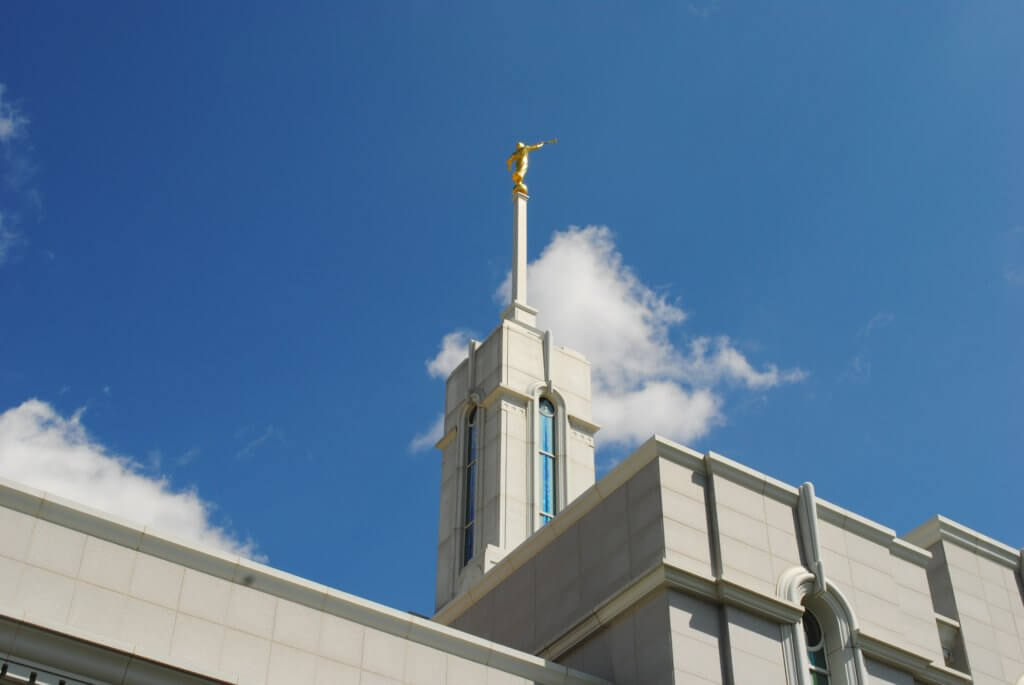Question: Does Isaiah mention anything about the changing of sacred ordinances?
Answer: Isaiah describes both the blessings that come with observing pure ordinances and the curses that come from changing them. The purpose of temple ordinances or sacred rites of passage, for example, is to enter into God’s presence—as “when you come to see me” (Isaiah 1:12), or when “in the very passage of your ordinances we anticipate you, O Jehovah”:
Isaiah 26:7–9
The path of the righteous is straight;
you pave an undeviating course for the upright.
In the very passage of your ordinances
we anticipate you, O Jehovah;
the soul’s desire is to contemplate your name.
My soul yearns for you in the night;
at daybreak my spirit within me seeks after you.
For when your ordinances are on the earth,
the inhabitants of the world learn righteousness.
The “straight” path and “undeviating” course into God’s presence allows for no compromise: “The works, and the designs, and the purposes of God cannot be frustrated, neither can they come to naught. For God doth not walk in crooked paths, neither doth he turn to the right hand nor to the left, neither doth he vary from that which he hath said, therefore his paths are straight, and his course is one eternal round. . . . How oft you have transgressed the commandments and the laws of God, and have gone on in the persuasions of men. For, behold, you should not have feared man more than God. Although men set at naught the counsels of God, and despise his words—yet you should have been faithful.” (Doctrine & Covenants 3:1–2, 6–8)
The Lord clearly sets forth the blessings and curses of his covenants as in Deuteronomy 28. Abraham incorporated the penalties of breaking God’s covenant into the very sacrifices he offered (Genesis 15:15–18). When Cain varied from offering sacrifice in the similitude of the Lamb of God as did Abel, the curse of God followed him (Genesis 4:3–14). When the sons of Aaron deviated from correct priestly ordinances, fire devoured them (Leviticus 10:1–2).
As in scriptural patterns of the past, the transgression of God’s laws by the earth’s inhabitants and the changing of his ordinances by those who practice them “set at naught” or invalidate (heifeiru) God’s “everlasting covenant” (berit ‘olam) and serve as the occasion for his judgments to come upon end-time humanity:
Isaiah 24:4–6
The earth shall pine away,
the world miserably perish;
the elite of the earth shall be made wretched.
The earth lies polluted under its inhabitants:
they have transgressed the laws,
changed the ordinances,
set at naught the everlasting covenant.
The curse devours the earth,
for those who dwell on it have incurred guilt;
because of it the population of the earth
shall be diminished
and little of mankind remain.



